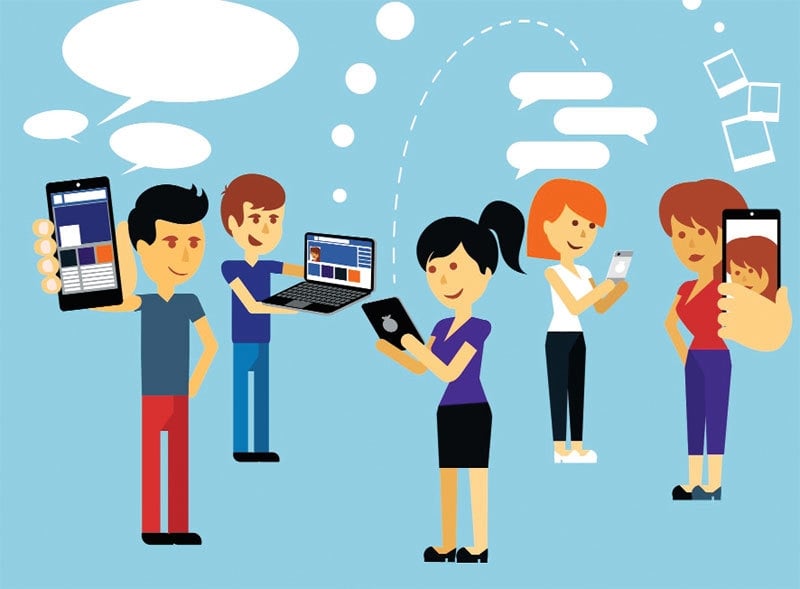 |
| Illustrative image. |
Social media has transformed information into a fast-moving consumer commodity. News and events are condensed into a few status updates, short videos , or eye-catching images. Users are easily swept up in a constant cycle of updates, sharing, and commenting. This convenience sometimes leaves us with no time for reflection: instead of reading an in-depth analysis, we only skim the headline and a few summary lines; instead of thoroughly researching, we simply accept widely circulated opinions.
Indeed, we possess a wealth of superficial knowledge. We can discuss climate change, economic crises, or new cultural trends, but when we delve deeper, we often only grasp slogans or preconceived notions. We know many things, but only a little of each, and it's difficult to truly understand anything in depth.
Social media has been creating "experts overnight." Some people freely offer opinions on education policy, even though they are not professionals in the field and have never thoroughly researched it. Others boldly comment on the stock market, even without having read a single economics book. Such opinions can still spread widely, further disrupting the information environment.
The worrying thing is that when we believe what we read on social media is enough, we gradually abandon the need to learn from reliable sources. This leads to the formation of a biased worldview, based on fragmented information and unverified opinions.
To escape this situation, everyone needs to change their approach to information. Spend time reading longer articles and in-depth books instead of just skimming through short news snippets. Seek knowledge from multiple sources, from experts and reputable organizations, to gain a multifaceted perspective, while maintaining a cautious attitude towards all information on social media.
More importantly, let's cultivate the habit of asking questions, tracing the sources, and verifying the accuracy of information. We don't need to know everything, but we need to understand the issues that truly matter to us and our lives.
Social media is a useful tool for connecting and sharing, but ultimately, it's just a tool; how we use it is what matters. If we only passively "consume" information, we'll remain stuck in a cycle of "knowing a lot but understanding only superficially." Conversely, if we actively filter information, ask questions, and think deeply, social media can become a gateway to true knowledge and understanding.
Source: https://baothainguyen.vn/xa-hoi/202508/biet-nhieu-hieu-can-b0a2a98/














































































































Comment (0)